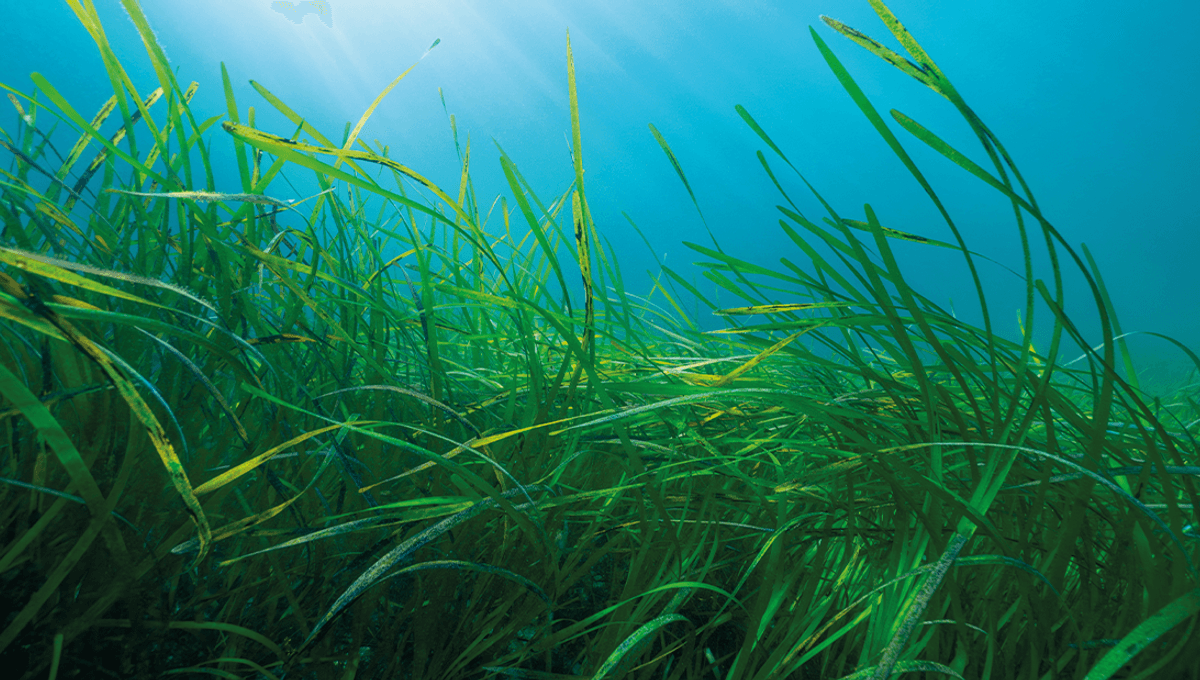
There are a lot of surprisingly long-lived species out there, from the Greenland shark that can live to around 400 years old, to a clam that could have survived much longer than its 507 years if it wasn’t accidentally killed. Now, scientists have discovered the world’s oldest known marine plant, and it’s a whopping 1,400 years old.
Found in the Baltic Sea, the plant in question is a seagrass clone of the species Zostera marina, also known as eelgrass. The team used a ground-breaking genetic clock to discover the age of the marine plant.
The seagrass clones produce ramets, individual members of a clone that can separate and become capable of independence. “Vegetative reproduction as an alternative mode of reproduction is widespread in the animal, fungal, and plant kingdoms,” explained research leader Dr Thorsten Reusch, Professor of Marine Ecology at the GEOMAR Helmholtz Centre for Ocean Research Kiel, in a statement.
Genetic variation within these ramets can be used to age them. During the growth of the main body of the organism, mutations can occur and these can end up becoming fixed and accumulating in the descendant ramets. The clock works by comparing the plant that is to be aged and the descendant ramets, and aging it based on their differences.
The team had access to a 17-year-old seagrass clone that had been kept in a lab and was used to calibrate the genetic clock for use on the wild sample. The differences between the two revealed that the clone was 1,402 years old, making it the oldest known marine plant. Testing out the new method also identified multiple other clones that were several hundred years old.
Eelgrass can cover a vast area; Z. marina is a widespread species found in the Pacific, the Atlantic, and the Mediterranean. The term eelgrass, however, encompasses many other species too, which may also reach impressive ages.
“We expect that other seagrass species and their clones of the genus Posidonia, which extend over more than ten kilometers, will show even higher ages and thus be by far the oldest organisms on Earth,” concluded Reusch. “These will be the next objects of study,” added fellow study author Dr Benjamin Werner.
The researchers suggest that the clock might also be useful for other species such as raspberries and reeds, but also in the conservation of corals.
The paper is published in Nature Ecology & Evolution.
Source Link: World’s Oldest Known Living Marine Plant Has Just Been Discovered At 1,400 Years Old